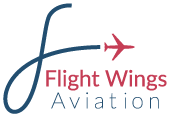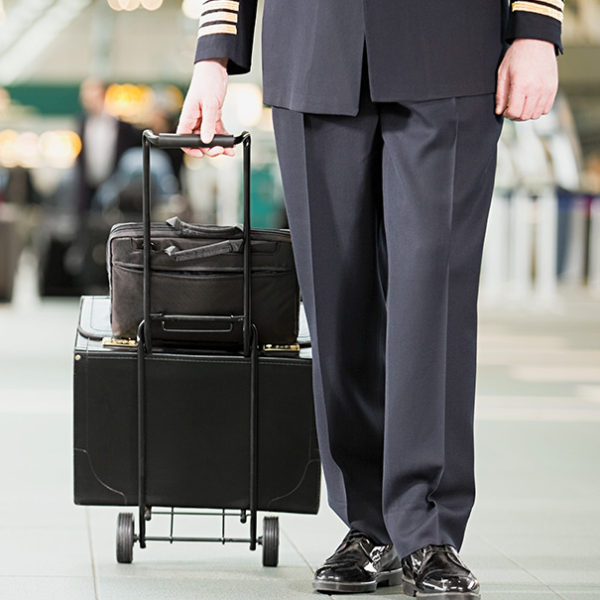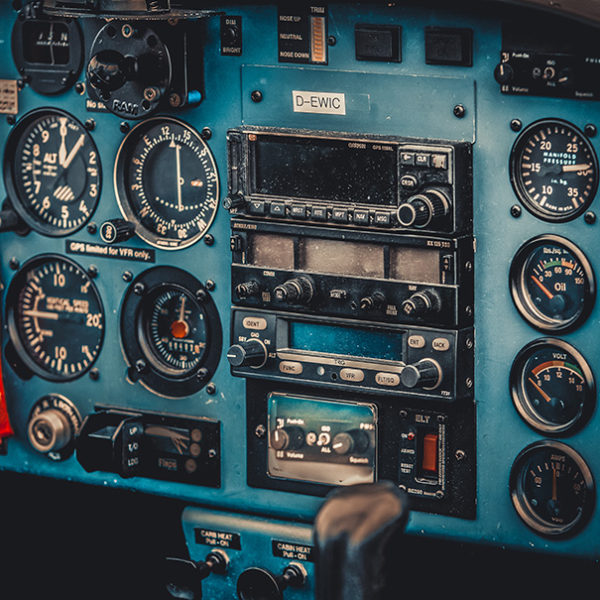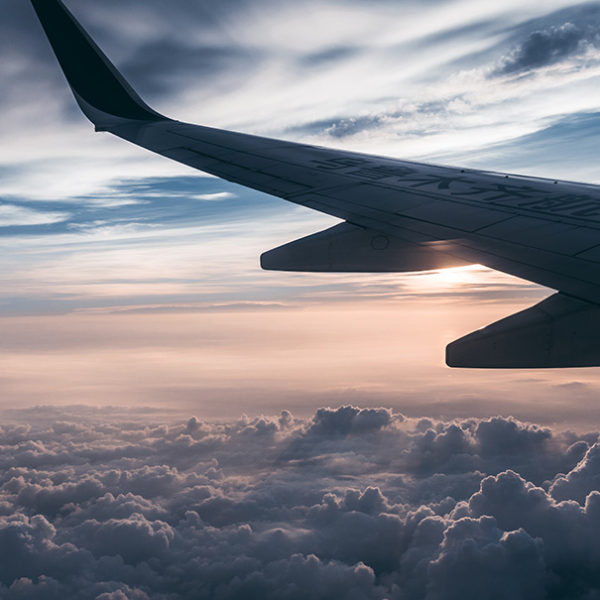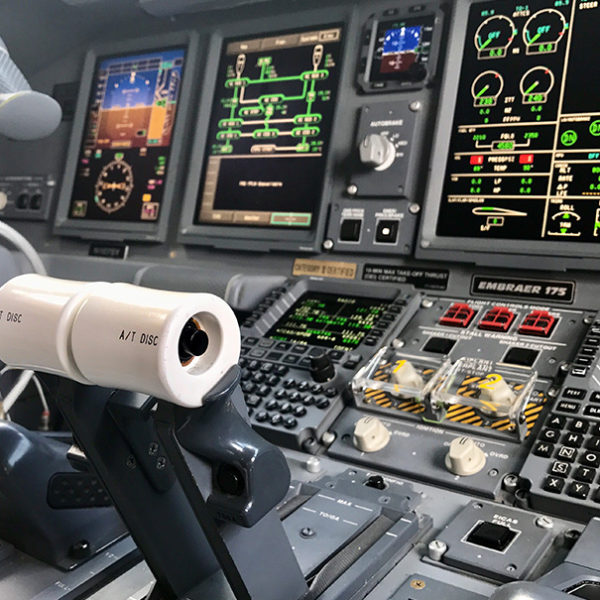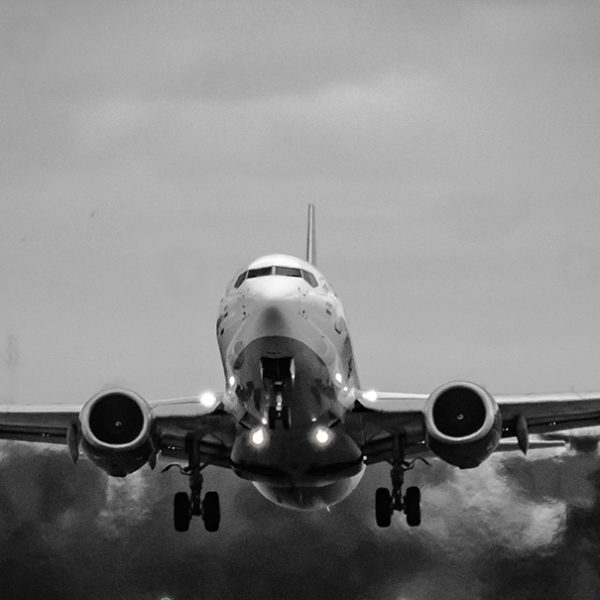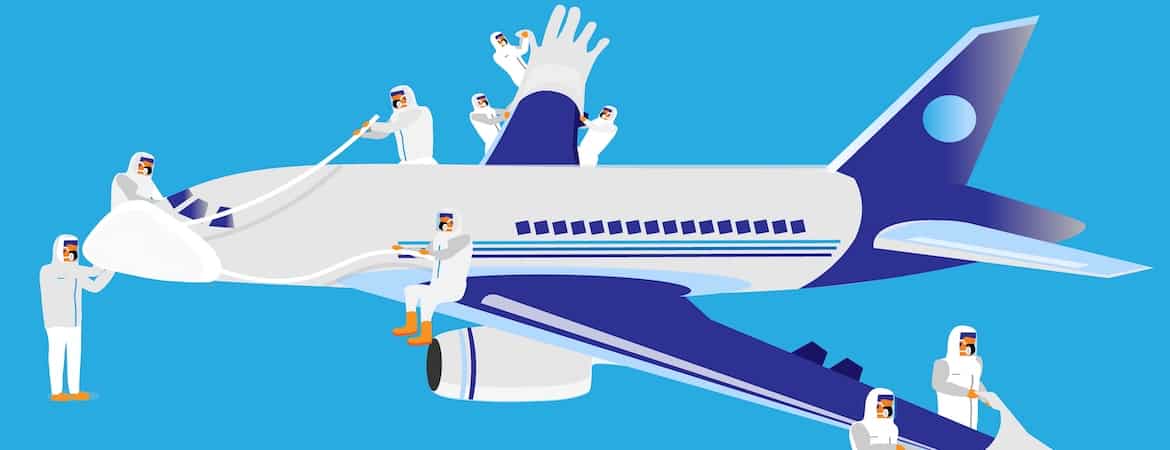Covid 19 Impact & Policy Responses On The Aviation Industry
Air travel is the driver of Globalization, cultural diversity, cultural integration around the globe, and the connection of the world’s economic supply chain with the increased movement of the tourist. Tourism is among of other sectors which were greatly affected by the pandemic because it mainly depends on air travel, With the onset of the Covid -19 pandemic no one would’ve imagined that will be pushed into an unfamiliar territory where everyone is forced to curb their activities. Undoubtedly tourism and travel contributed to the widespread of the virus, so with the government intervention, there were restrictions in the movement decreasing the demand for travel because of direct links between travel and the pandemic. With the reduction in travel, air travel mostly on the international market has faced a sharp decline due to the microeconomic, pandemic developments, and government individual decisions cancellation of the unrealized flights.
The pandemic brought many problems due to the limited demand for air travel the airlines were forced to adapt to the situation. The airlines were not able to carry out their operations, they had to retrench and put some of their workforces on hold, leading to other individuals losing their jobs nearly 7 % of job losses have been recorded with the major airlines and low-cost carriers seemingly not affected that much as the still had some viable domestic routes. The most impacted was with passenger handling and flight operations, while management employees fair slightly better during these uncertain periods. The most affected by the work reductions were the less-skilled workers in the aviation industry because they don’t get representation from the labor unions as well as they were not needed as much.
Bankruptcies affected a number of the aviation industry sectors, as the virus spread around the globe most airlines and many companies affiliated with the aviation industry were greatly affected. The demise of the flag carrier Air Namibia which was already on the brink of the financial crisis and has announced ceasing all its operations in February. The reductions of movement and introductions of the wearing gear PPE suits means extra cost to the industry and also other things that help prevent the spread of the virus, so many airlines were forced to go an extra mile to perform all required precautions in order to function in this pandemic.
The airline industry was concerned about bringing in more pilots, cabin crew, aircraft mechanics, and technicians before the pandemic with the reduction of flights this has eradicated immediate concerns of labor shortages for the mine time and the shortage will be greater post-pandemic.
The reduction and shrinkage to the number of fleets are likely to have an impact on the safety-critical aviation workers. Pilots and flight attendants must be qualified for that type of fleet for them to properly operate, mechanics and technicians are trained to service certain types of engines and electrical systems. Airlines needed to align their workers with the type of fleets they can operate, with the travel ban of international travel most airlines have had no options rather than operating with smaller aircraft which will save the domestic roots and small airlines will need to retrain their workers as according to the type of fleets they want to operate.
The United states CARES package provided an economic relief fund to the industry as a response to the Covid pandemic situation with 25 billion dollars to the passenger-related industries and also another additional 4 billion to cargo airlines. The CARES Act also suspended payments of passenger ticket taxes, cargo waybill fees, and airline fuel taxes through the end of the calendar year 2020. These taxes and fees fund the Airport and Airway Trust Fund (AATF) which pays for civil aviation programs including federal grants for airport projects, FAA facilities and equipment, and part of FAA’s budget for air traffic operations.
Generally, they have been Airport infrastructure improvements in accordance with the Covid 19 regulations, design changes were mainly made at ticketing areas, security checkpoints, waiting for areas, restrooms, and inter-and intra-terminal transportation systems to better accommodate social distancing and facilitate more frequent cleaning and disinfecting of high-traffic areas. More modifications include expanded use of touchless plumbing fixtures, entryways without doors, and other modifications that would limit user contact with fomites, surfaces, and objects where viruses may linger and regularly disinfection of hot spots areas also enforcing measures to the public. There was an increase in the number of restrooms and they were partitions to close portions of restrooms on a rolling basis to allow for more thorough cleaning and disinfecting throughout the day.
Social distancing is so difficult to implement in busiest airports and also in the air but the airlines implemented a situation where middle seats remain unoccupied and the seats that must be filled with paying travelers to cover operational costs. Passenger airlines require passengers and cabin crew to wear a mask or face covering whenever they are onboard aircraft.
The pandemic has proved to be a blessing in disguise to other airline companies for insist Ethiopian airlines, which has significantly grown to be one of the leading airlines in Africa during this pandemic. Air transportation shutdown has made it possible to achieve the sustainable development goal, with Aviation is a major consumer of energy and producer of greenhouse gases. The reduction of air traffic is thus clearly reflected in the reduction of the carbon footprint, the reduction of energy intensity, which is fully analogized with the principles of environmental sustainability. The introductions of mitigation measures have made the aviation industry sustain all its activities and work on the road to recovery to its full capacity and with the vaccine being rolled out globally this means in no time the industry will be on its feet and also tourism will resume and more demand on the internal long-haul flights continentally.
By. Felix Prince Mabika
